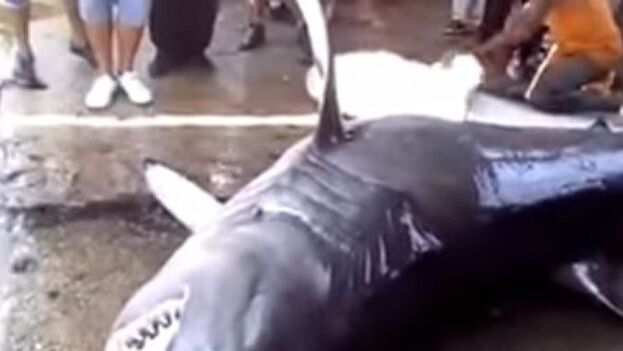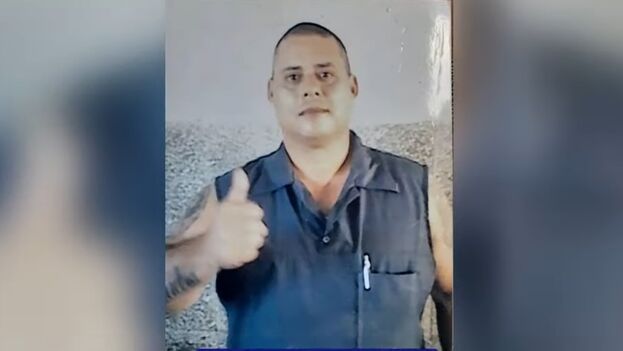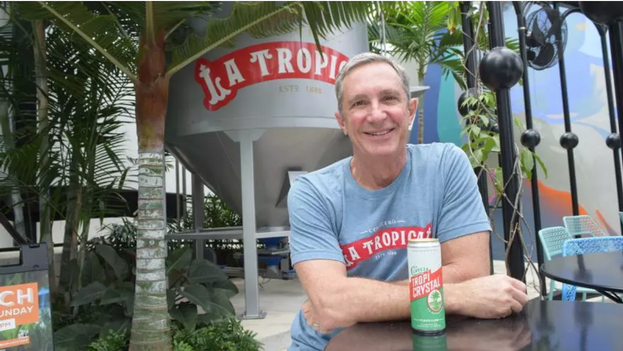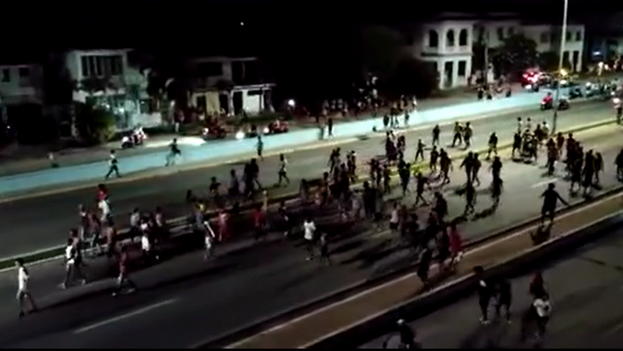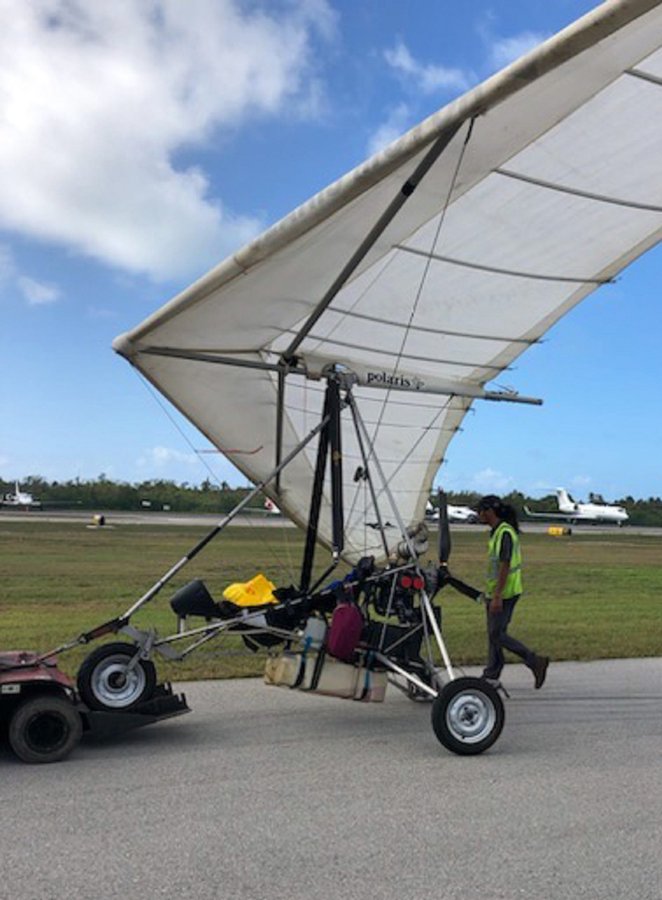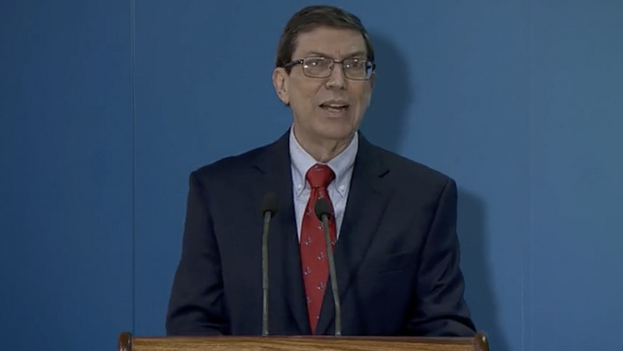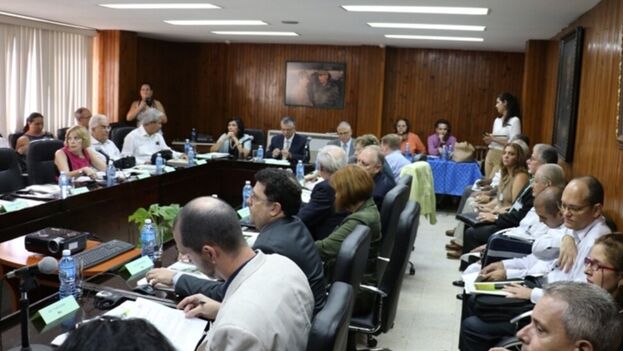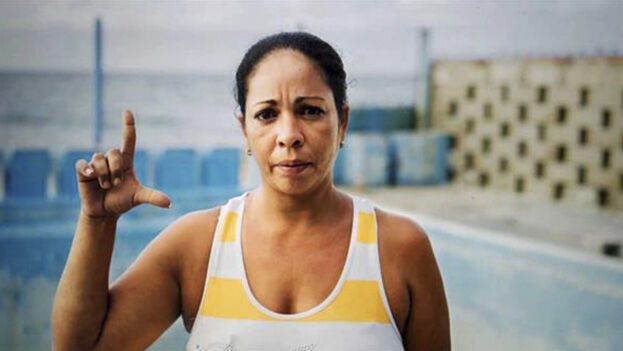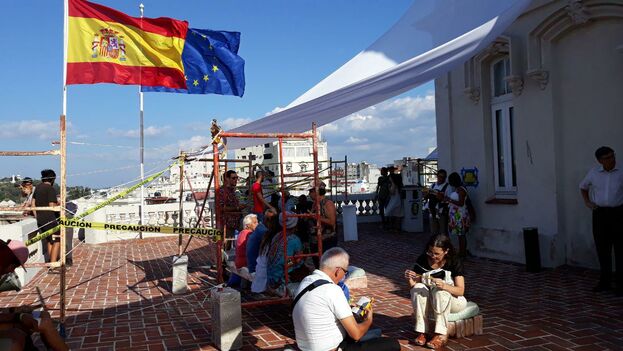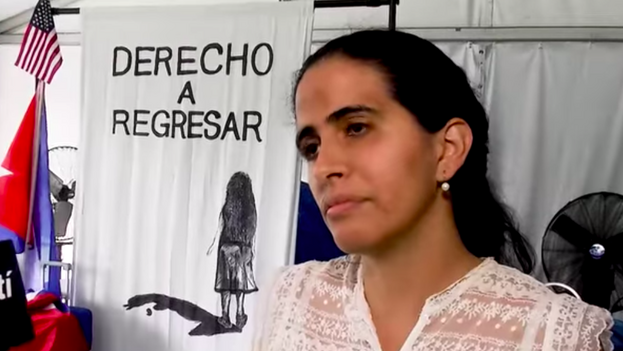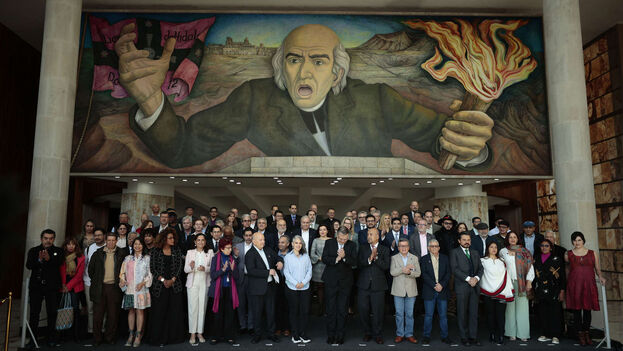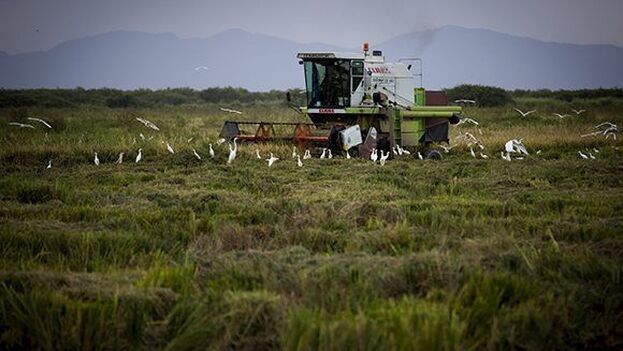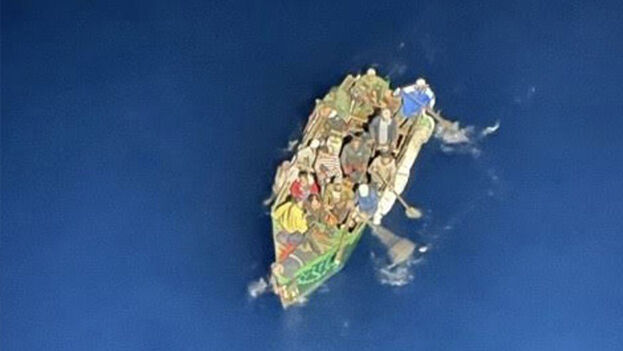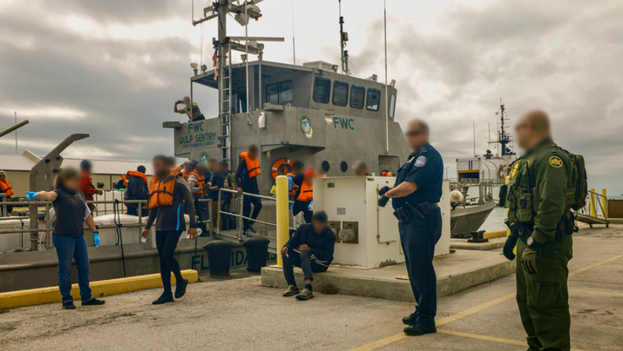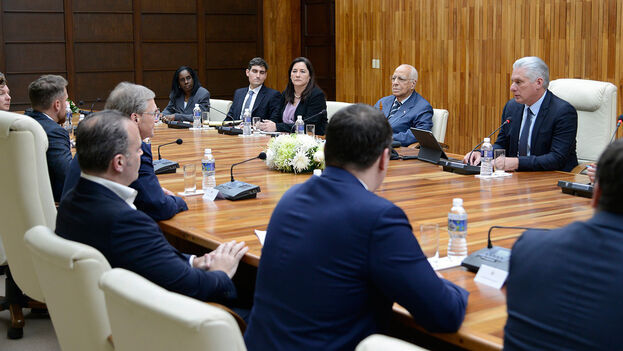
![]() EFE (via 14ymedio), Moscow, 30 March 2023 — Russia will continue to strengthen its strategic cooperation with Cuba after the recent legislative elections on the Island, which demonstrated the “maturity of Cuban society,” the spokeswoman of the Russian Foreign Ministry, María Zakharova, said on Thursday.
EFE (via 14ymedio), Moscow, 30 March 2023 — Russia will continue to strengthen its strategic cooperation with Cuba after the recent legislative elections on the Island, which demonstrated the “maturity of Cuban society,” the spokeswoman of the Russian Foreign Ministry, María Zakharova, said on Thursday.
“We confirm our principled approach of continuing to strengthen the strategic interaction between Russia and Cuba,” said the representative of Russian diplomacy, highlighting the elections to the Assembly of People’s Power held on the Island last Sunday.
Zakharova celebrated “the successful completion of the electoral process in Cuba,” in which the 470 proposed deputies were elected.
“We value this as a new testimony of the support of the Cuban population for the Government’s efforts to solve the current tasks facing the country,” she said.
The Foreign Affairs spokeswoman added that “this process showed the maturity of Cuban society, its consolidation based on the line promoted by Havana in defense of the country’s national interests and sovereignty.”
Although Cuban President Miguel Díaz-Canel described the elections as a “clean home run” despite “the fierce campaign and the calls for abstention” of dissident sectors, the turnout was 75.92%, a historically low figure for what is customary in the country.
An abstention of 24.08% is low compared to other Latin American countries and some liberal democracies.
However, this is the largest abstention recorded in the parliamentary elections in Cuba since the triumph of the revolution in 1959.
Between 1976, the date of the first elections of the socialist stage, and 2013, it remained below 10%, and only in 2018 did it rise to 14%.
Translated by Regina Anavy
_________________
COLLABORATE WITH OUR WORK: The 14ymedio team is committed to practicing serious journalism that reflects Cuba’s reality in all its depth. Thank you for joining us on this long journey. We invite you to continue supporting us by becoming a member of 14ymedio now. Together we can continue transforming journalism in Cuba.

